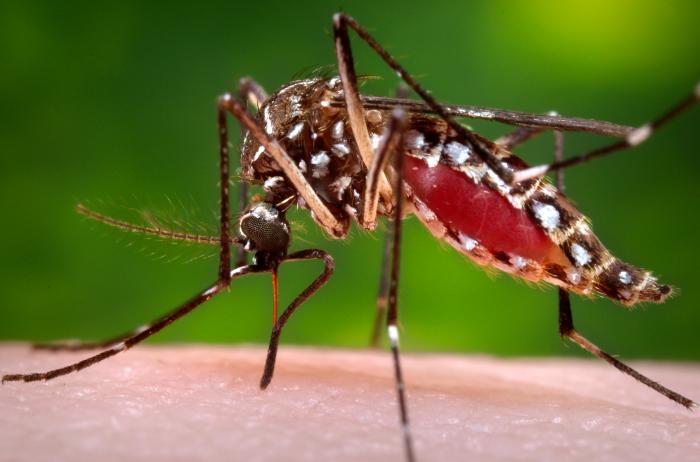Mosquito pool tests positive for EEE virus in Worcester County, Md

The Worcester County Health Department received notification from the State of Maryland that a mosquito pool in the Whaleyville area of Worcester County recently tested positive for Eastern Equine Encephalitis (EEE).
Arboviruses, such as the EEE virus, are most common during the summer and fall months. The viruses are transmitted by infected mosquitoes and spread to humans, birds, horses and other animals. Since mosquitoes can breed in as little as a quarter inch of water, eliminating standing water is critical to control mosquito populations.
Many factors impact when and where outbreaks occur, such as weather, numbers of mosquitoes that spread the virus, and human behavior. Worcester and Wicomico County Health Departments suggest removing standing water around your home; as little as one-half inch of water will support dozens of mosquitoes.
Additionally removing or turning over buckets, bottles, and other containers will help prevent the spread of mosquitos along with discarding old tires or drill drainage holes in tires used for playground equipment. In addition, cleaning rain gutters, flipping store canoes, wheelbarrows, and plastic wading pools upside down, and flushing birdbaths and the bottom of plant holders twice a week.
It’s imperative to take steps to protect yourself from mosquito bites, such as wearing clothing that covers the arms, legs, and feet whenever you are outdoors along with using mosquito repellents sparingly on exposed skin.
An effective mosquito repellent will contain 20% to 30% DEET (N,N-diethyl-meta-toluamide). Higher concentrations may cause side effects, particularly in children. Avoid applying repellents to the hands of children and do not use repellents on children under 3 years of age. Follow package instructions carefully.
People who contract milder forms of EEE typically recover on their own, although symptoms may last for several weeks. In more severe cases, patients need to be hospitalized to receive supportive treatment. Signs and symptoms of Eastern Equine Encephalitis include fever, headache, irritability, restlessness, drowsiness, vomiting, diarrhea, cyanosis, convulsions, and coma.
Anyone with possible symptoms of EEE should contact a health care provider immediately. Horse owners can also protect their horses from EEE with a vaccine, contact your veterinarian for information.
The Maryland Department of Agriculture (MDA) will be doing aerial spraying tonight in the Whaleyville and surrounding areas, including portions in Wicomico County, covering approximately 6,000 acres.
For additional prevention tips and information about Eastern Equine Encephalitis (EEE) visit www.cdc.gov/easternequineencephalitis or for information specifically related to EEE in Worcester County, visit www.worcesterhealth.org.
The latest case marks the third positive test for EEE in Mosquitos in Worcester County this year.


